



Supporting women farmers in the face of climate change
The project
Women rightsInternational aid
CARE helps women adapt to the consequences of climate change and participate in local decision-making in Peru, Ecuador, Vietnam and Laos.
Action regions
International
84 million
millionsmore women than men are food insecure
2035
agricultriceswomen farmers helped to strengthen their ability to adapt
24 million
millionspeople supported through CARE's gender programs
Solution
Worldwide, women are among the most affected by climate change. For example, they are the first to go without food in times of drought or famine, and walk miles every day to fetch water and provide for their families.
Women are nevertheless key actors within their communities in the face of the climate crisis. Nevertheless, they often face numerous obstacles that prevent them from fully deploying this potential: lack of access to information and decision-making spaces, lack of skills and resources to continue to implement innovative solutions and make their voices heard without facing situations of violence.
As part of the She Grows the Future program, CARE, through its agroecology schools, is helping more than 2,000 small-scale women farmers in the Mekong and Andes regions to adapt their farming techniques to climate change in order to increase their sources of income.
In addition to learning sustainable farming techniques, defending women's rights and promoting gender equality within communities is at the heart of the program. Spaces for discussion to question gender-related social norms are created, and individuals and households sensitized to gender-based violence.
Finally, the program aims to strengthen the power of influence of rural women so that they can participate in decision-making on climate change adaptation within their communities.
News
Use of the money
Your donations will be used to fund:
- agroecology training for women farmers.
- agricultural inputs (seeds, plants).
- gender sensitization.
- project coordination.
Action regions
International
Sustainable development goals
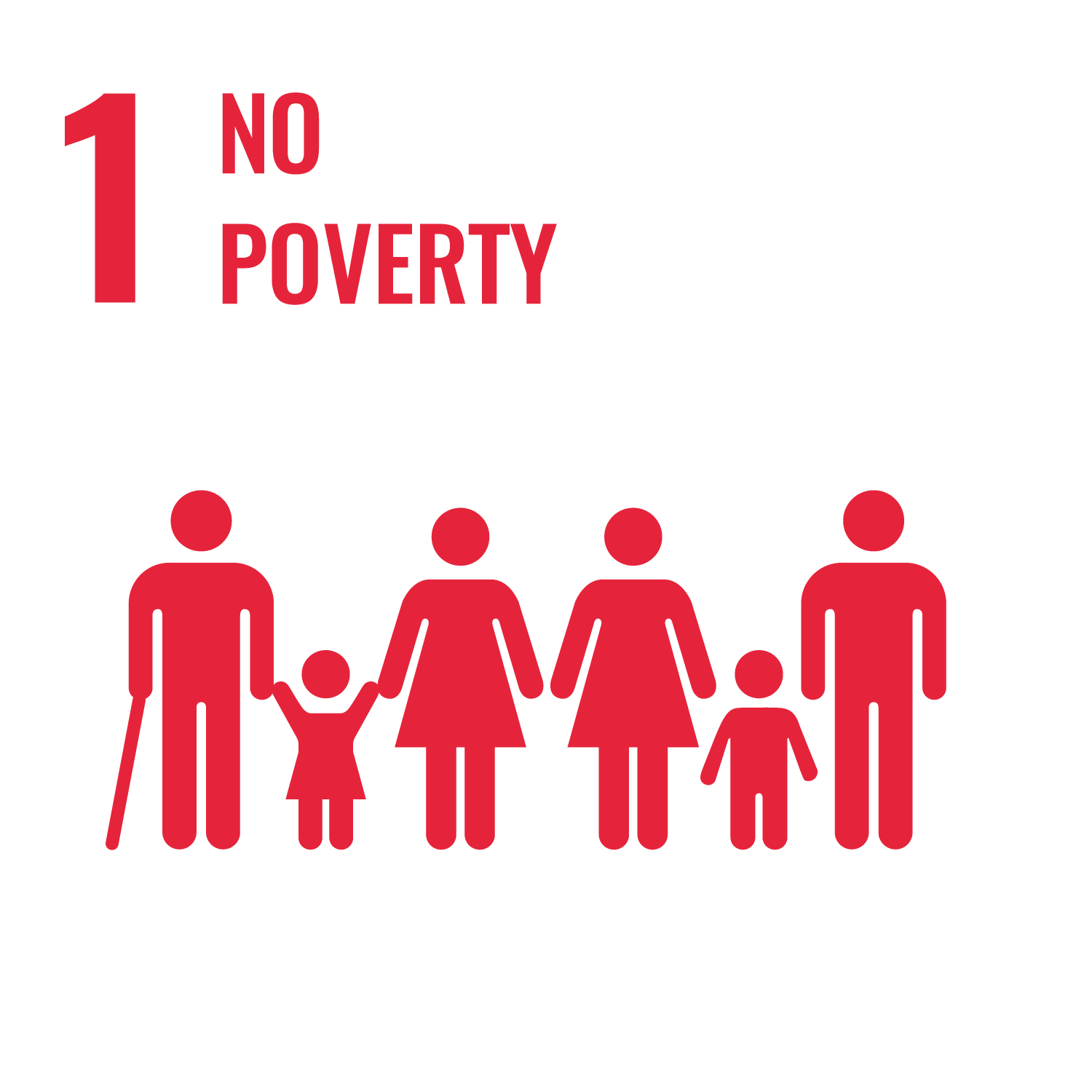
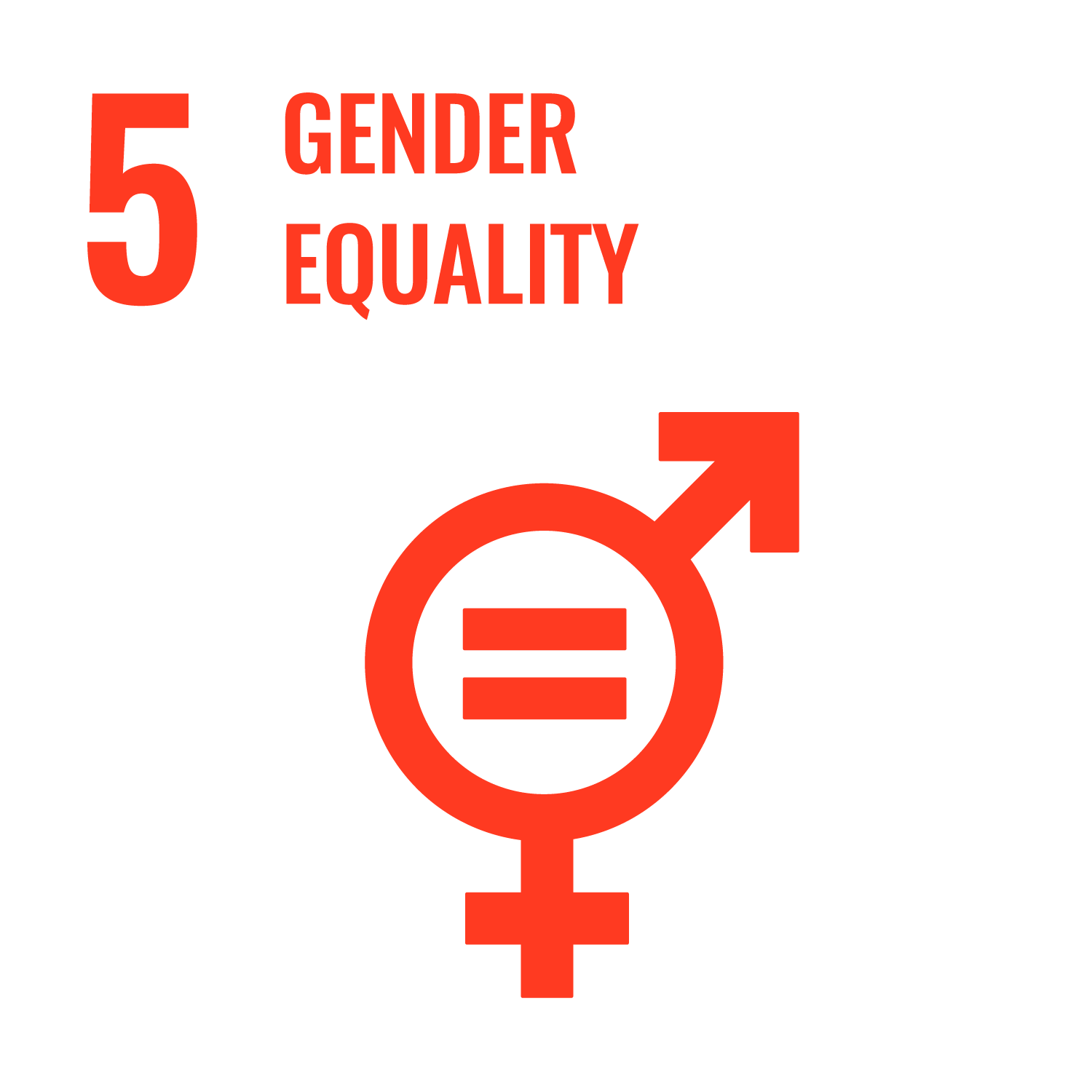
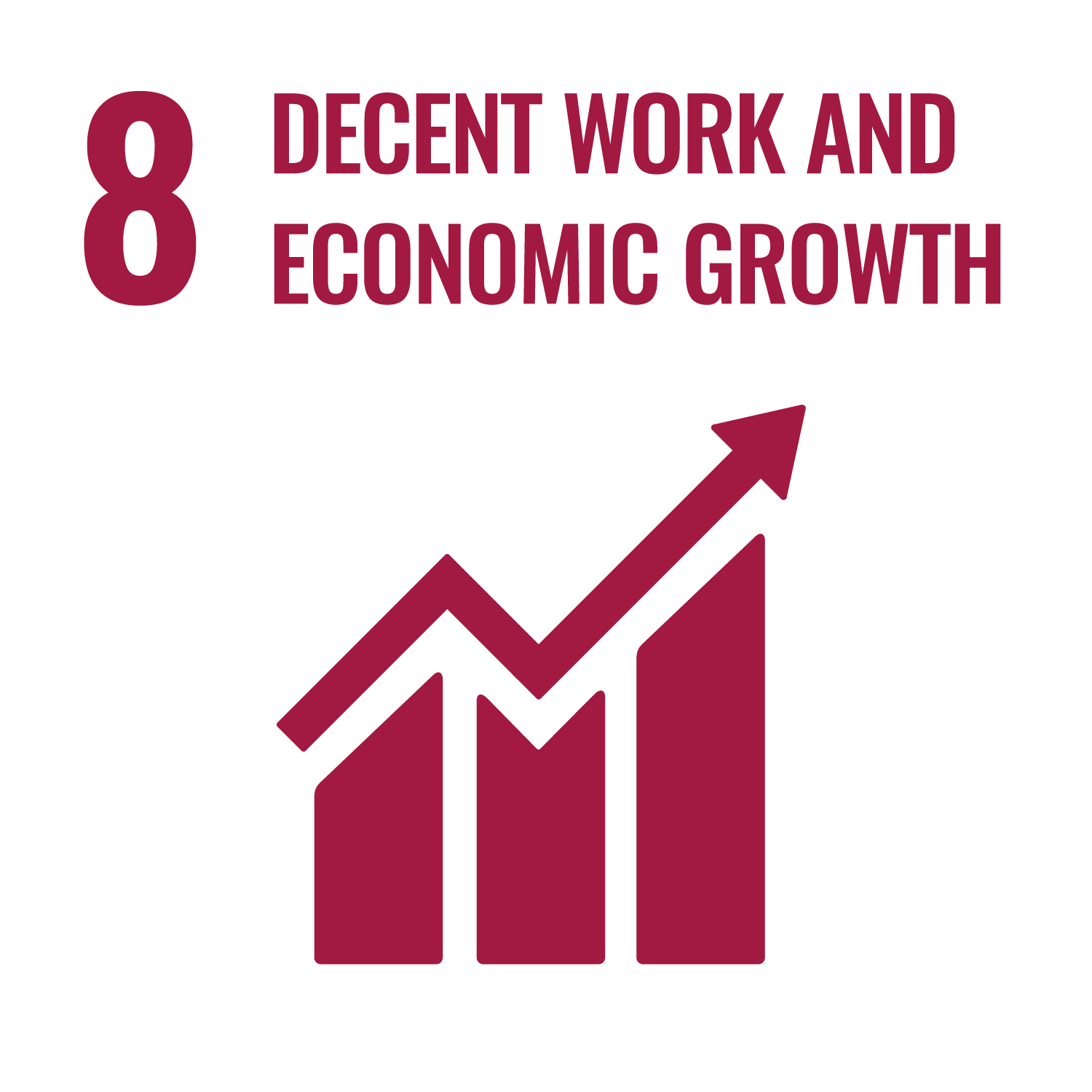
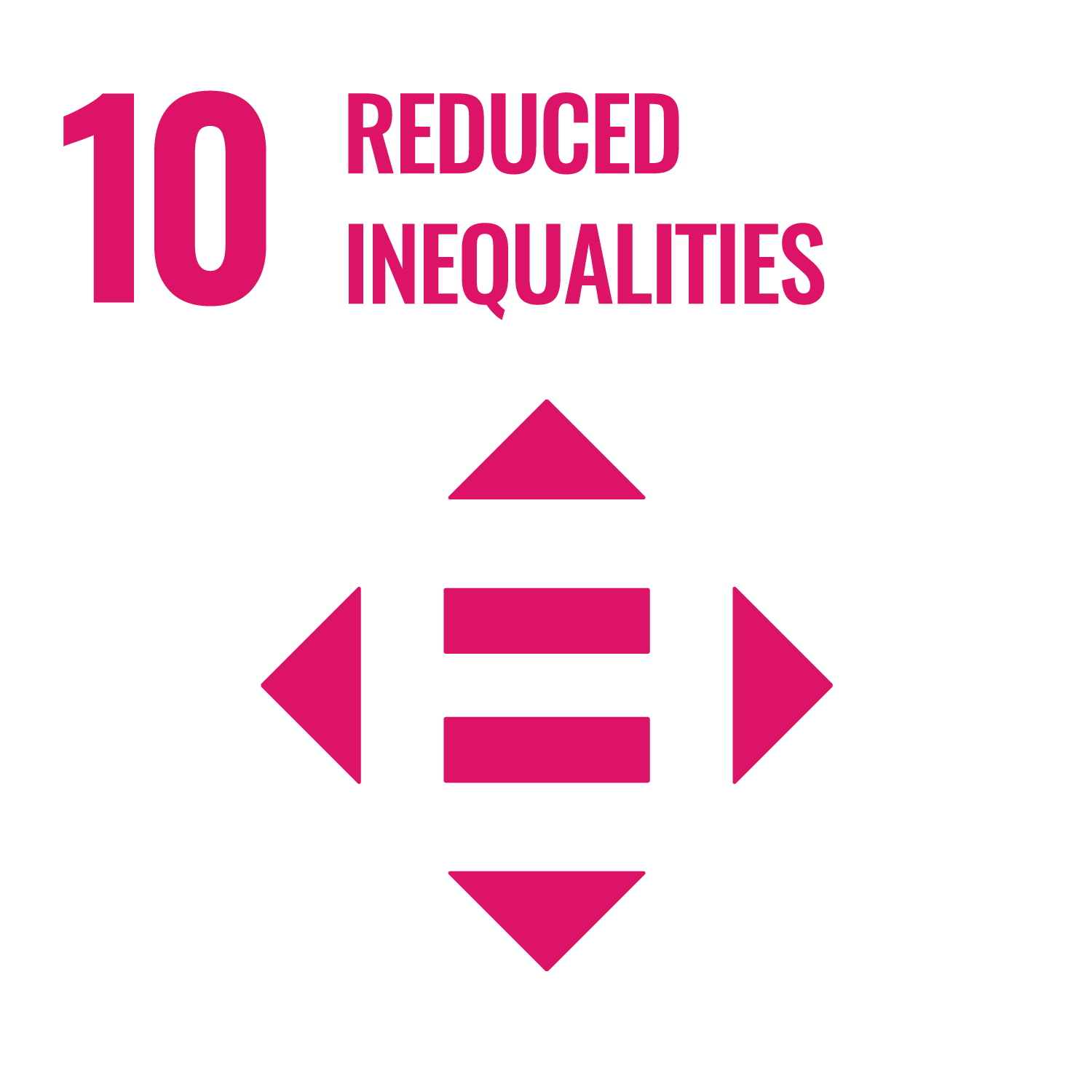
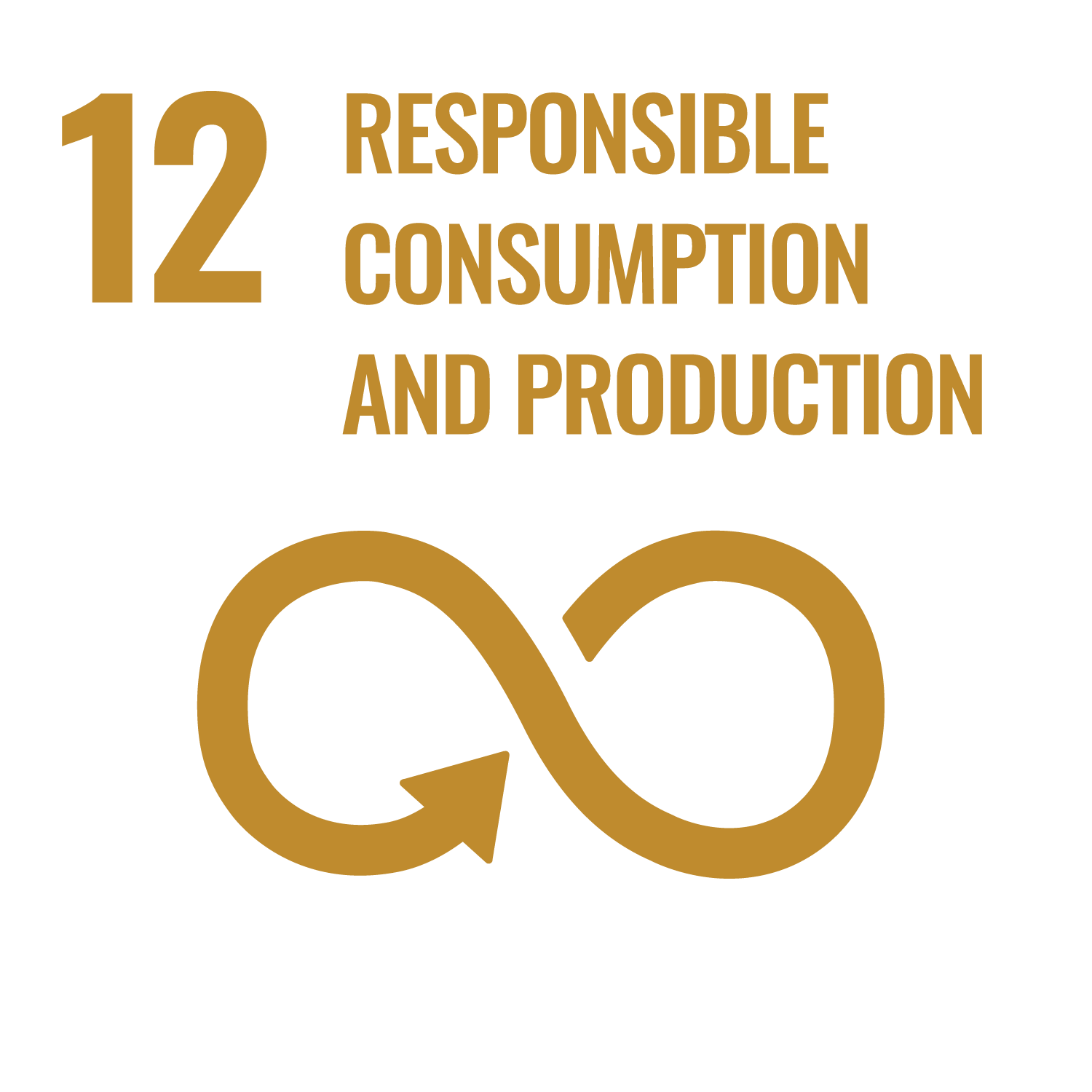
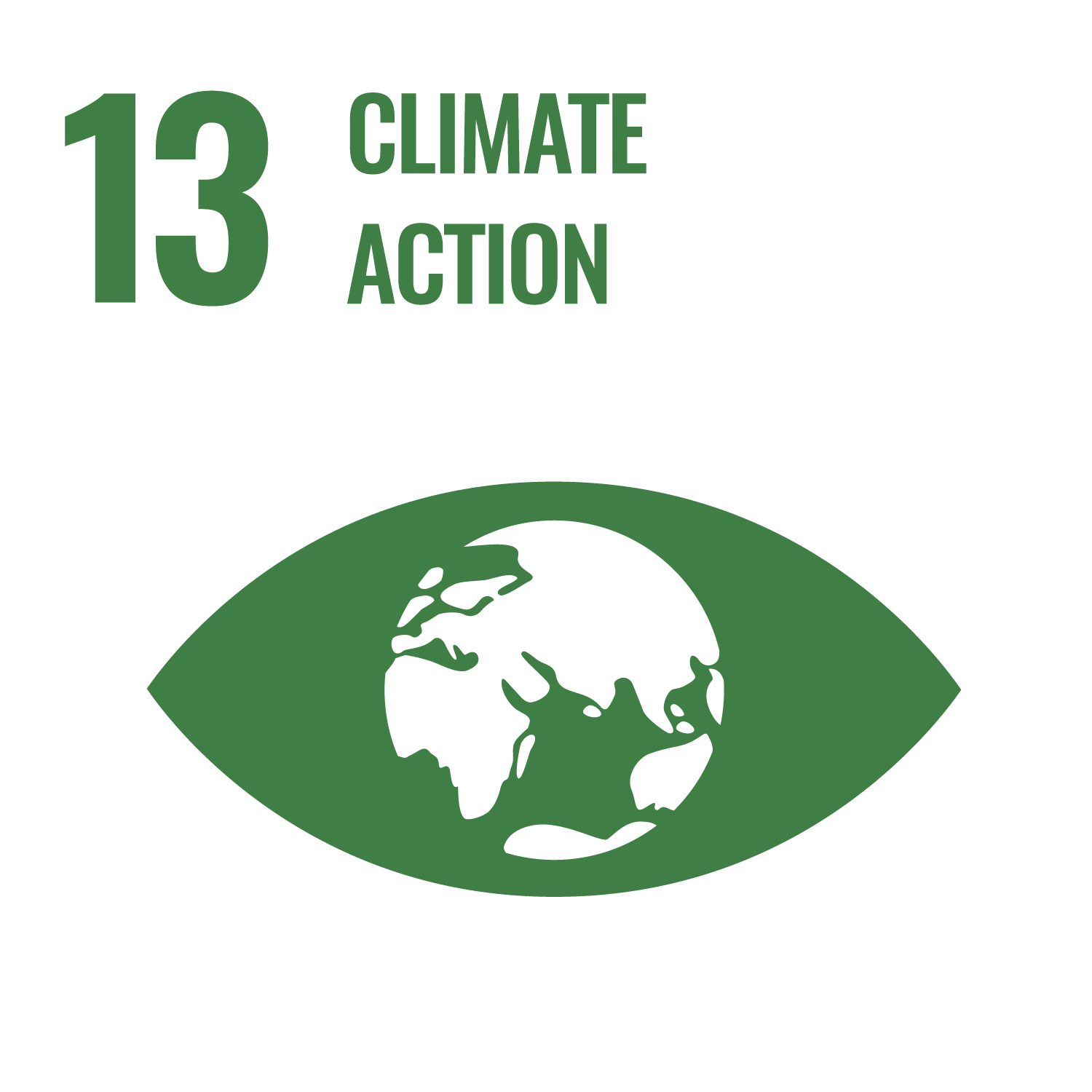
These projects might interest you


